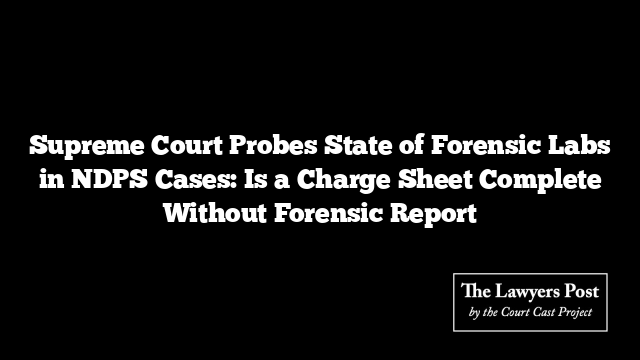The Supreme Court has ruled that vendors who purchase liquor from state manufacturers without going through an auction and sell it at a fixed retail price are exempt from being classified as ‘buyers’ under Section 206C of the Income Tax Act. Consequently, these transactions are not subject to Tax Collected at Source (TCS).
In its detailed judgment, the Court clarified that if the buyer is a public sector company or obtains goods for further sale without an auction, and if the sale price is fixed by a state law, such buyers fall outside the definition outlined in Explanation (a) of Section 206C.
The bench of Justices BV Nagarathna and Ujjal Bhuyan emphasized a two-fold criterion to determine exclusion from the ‘buyer’ definition: obtaining goods without an auction and selling them at state-fixed prices. The Court noted that auctioning the right to sell liquor does not equate to auctioning the liquor itself.
The case stemmed from an appeal by the Excise Commissioner of Karnataka against a Division Bench order from the Karnataka High Court, which had supported the Deputy Commissioner of Income Tax’s order under Section 206C(6) of the Income Tax Act. The tax assessments and notices were issued for multiple fiscal years from 1995-1996 to 2000-2001, labeling the appellant as a ‘seller’ and the liquor vendors as ‘buyers’, thus obligating the state to collect TCS.
The dispute began in 1993 when Karnataka discontinued private bottling units, transferring the task to state companies like Mysore Sales International Limited. The state regulated the entire process, including pricing, and vendors paid excise duty before receiving permits to collect bottled arrack.
In a significant observation, the Court remarked that excise contractors do not obtain arrack through auction; rather, they gain the right to retail it post-auction via permits. The Court also stressed that the sale price, though within a range, is fixed by the state, satisfying the exemption conditions under Explanation (a)(iii) of Section 206C.
The Supreme Court underscored the necessity for revenue officers to adhere to principles of natural justice, including issuing notices and providing fair hearings, before passing orders under Section 206C(6). The Court annulled the orders of the High Court, thereby reversing the revenue officer’s assessment dated January 17, 2001.
This landmark decision clarifies the conditions under which state-controlled liquor sales are exempt from TCS, reinforcing the requirement for procedural fairness in tax collection processes.





